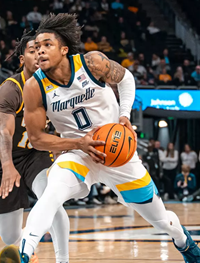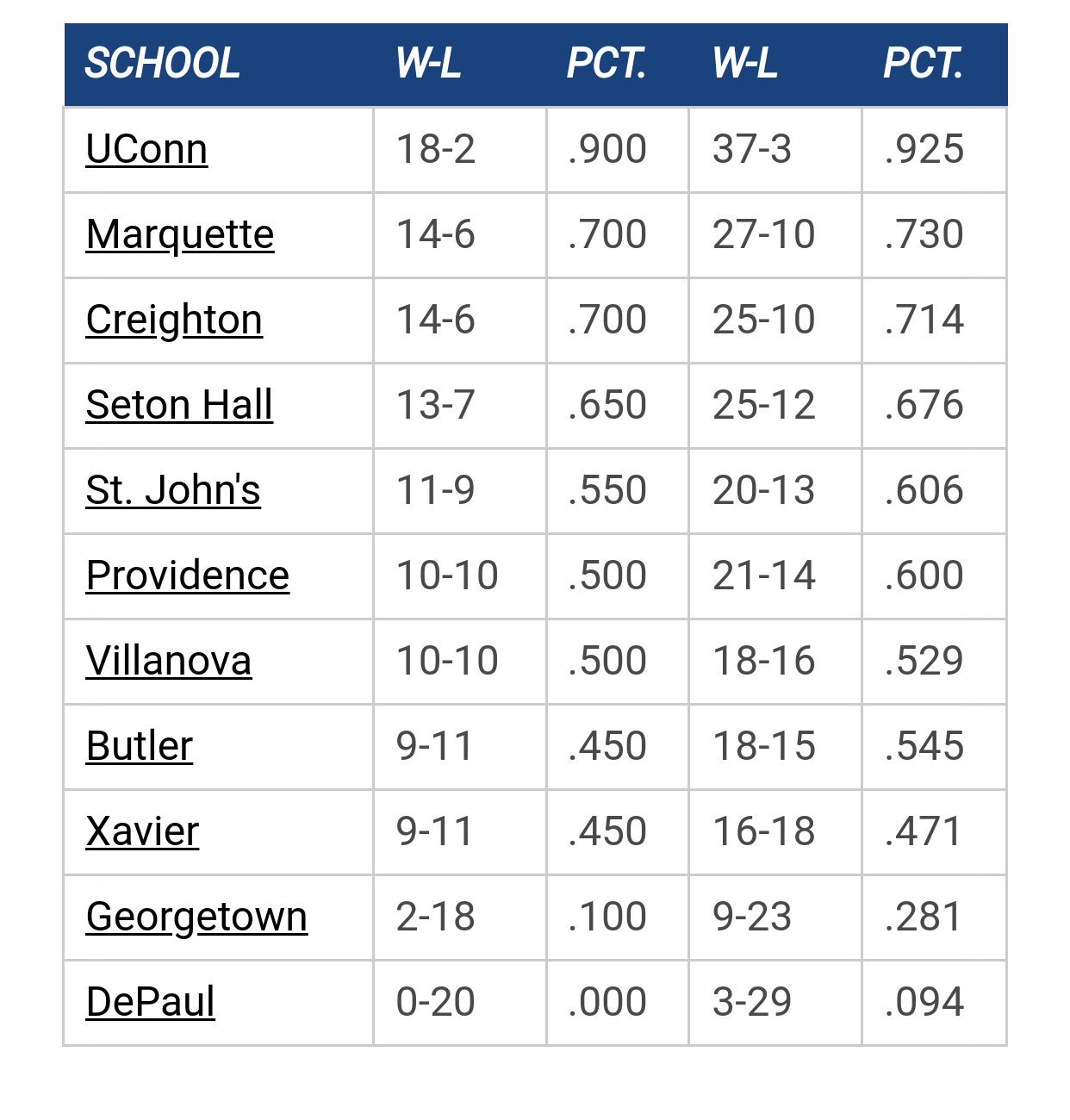- Welcome to MUScoop.
2025-26 Big East Thread by DFW HOYA
[Today at 09:27:42 PM]
Going Positive by Jay Bee
[Today at 08:51:02 PM]
[ESPN Milwaukee LOL] Marquette All Time Starting Five by NCMUFan
[Today at 07:42:50 PM]
2025-26 Big East Conference TV Schedule by Mr. Nielsen
[Today at 07:25:15 PM]
Excuse my language by Viper
[Today at 07:19:52 PM]
Marquette Team Rankings by NCMUFan
[Today at 06:02:37 PM]
Portal Alternative by sodakmu87
[Today at 02:50:33 PM]
[Today at 09:27:42 PM]
Going Positive by Jay Bee
[Today at 08:51:02 PM]
[ESPN Milwaukee LOL] Marquette All Time Starting Five by NCMUFan
[Today at 07:42:50 PM]
2025-26 Big East Conference TV Schedule by Mr. Nielsen
[Today at 07:25:15 PM]
Excuse my language by Viper
[Today at 07:19:52 PM]
Marquette Team Rankings by NCMUFan
[Today at 06:02:37 PM]
Portal Alternative by sodakmu87
[Today at 02:50:33 PM]
The absolute only thing required for this FREE registration is a valid e-mail address. We keep all your information confidential and will NEVER give or sell it to anyone else.
Login to get rid of this box (and ads) , or signup NOW!
Butler Date/Time: Jan 23, 2026, 7:00pm TV: FS1 Schedule for 2025-26 |
||||||
User actions



